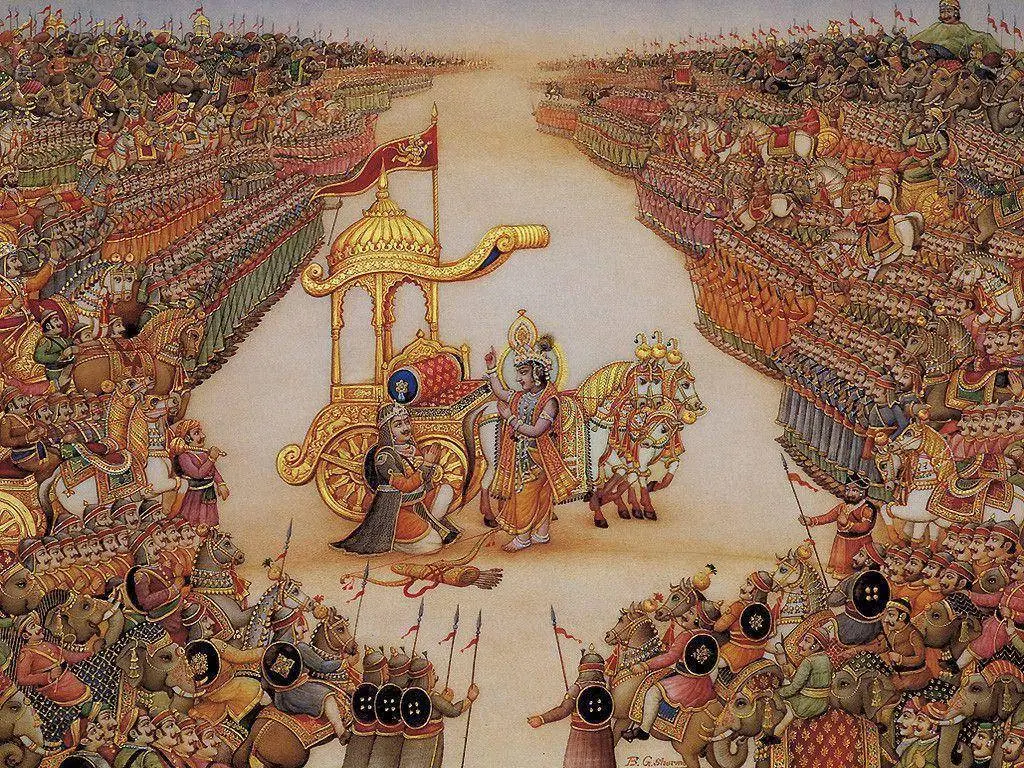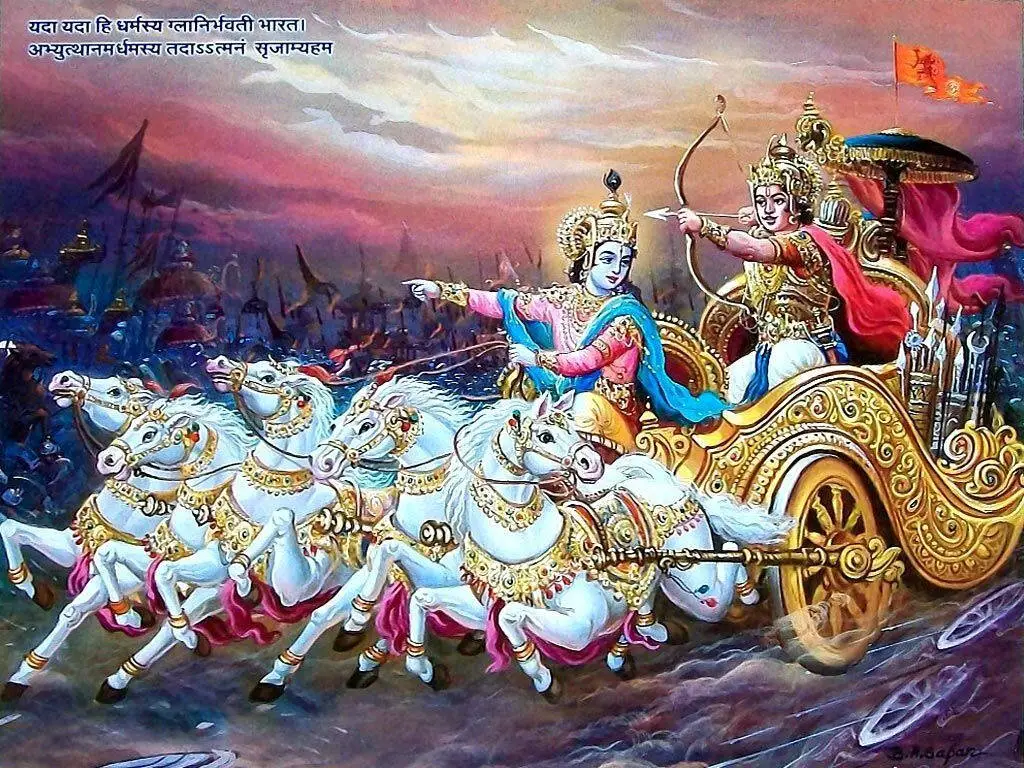Principles
Mission
Serve Others
Self

Whatever you do, Arjuna do it as an offering to me. Whatever you say or eat or pray or enjoy or suffer.
Bhagavad Gita 9.27
- Love. Everything starts with love without it there is only anger and darkness.
- Humility. Be humble and show respect to others and ourselves. Respect our level of knowledge. If someone else can teach us something, learn from them. Work with others in a non-zero-sum way seeking to grow the pool for everyone.
- Skin in the Game. No one is accountable for the actions we take but ourselves. We are responsible for both the good and the bad. It is easy to take praise but harder to take blame. Finger-pointing doesn’t solve problems. If shit hits the fan, acknowledge failure, and pick up a mop.
- Maslow. To be our best selves, we need to fulfill our Maslow’s Hierarchy of Needs. We develop every part of ourselves.
- Lever. Every single person has 24 hours a day. Learn to manage it and lever it with technology. Technology and automation are friends, allowing us to achieve more with less.
- Perceive. To know where the world is going is to take part in it by synthesizing knowledge, getting deep by challenging our thinking, applying it, and sharing our learning. To do this well, we dive deep into problems by biasing for action allowing us to internalize knowledge. We act by focusing on being less wrong as opposed to being more right.
Team

It is in action alone that you have a claim, never at any time to the fruits of such action. Never let the fruits of action be your motive; never let your attachment be to inaction.
Bhagavad Gita
- Customer First. A business exists to create the most value for the customer from their next alternate. So we start with the customer and work backwards. We understand the customer’s pain and figure out how we can use our capabilities to provide them the best value. By diving deep into providing value to our customers we will be able to reinvest the knowledge we gain into creating additional capabilities, repeating the cycle. Further, we build deep, long-term relationships that span years and hopefully decades. Trust and commitment to do good on their behalf are paramount. We figure out their pain points, deeply understand their needs, and help them be better so they can, in turn, do the same for their customers.
- Hacker. Use fewer resources to accomplish more. Plenty creates lethargy. Lethargy leads to destruction from competition. Fewer resources forces survival and generates the scar tissue needed to weather pain and deliver results.
- Observe, Orient, Decide, Act. Create continuous improvement through high-tempo experimentation. If trail and error works for mother nature it will work for us. Failure is a means to learn, not something to be punished. Fail fast with small bets and learn from those failures to improve the odds of the big bets succeeding.
- Think Long-Term. Build a long-term vision and work backward to achieve it. Don’t get distracted by short-termism and the whims of market forces. Build methodical structures that can evolve to the goal. We build mental models of the world and markets to see how we can fulfill needs. We take market intelligence and customer’s needs to make small bets. These small bets allow us to test the water and gain knowledge. Once a bet is validated we expand with focus and force. This incrementalism allows us to continuously pathfind into new markets expanding our capabilities.
- People, Ideas, Technology. In That Order. People are the foundation of everything we do. We give our team autonomy to work and use their ingenuity and knowledge to help our customers. Our only constraint is they do so within the bounds of our Principles. By being principles-driven instead of process-driven, we can adapt to changing circumstances. Work is a means to enable others. A garbageman picking up trash enables an artist to work on a masterpiece. Technology exists to enable People.
- Mastery. Flow is achieved when everyone performs their role, passing the baton to the next person. When each person performs their task well and the next person does not have to redo work we increase quality. By achieving quality we reduce costs and drive more value to the Customer.